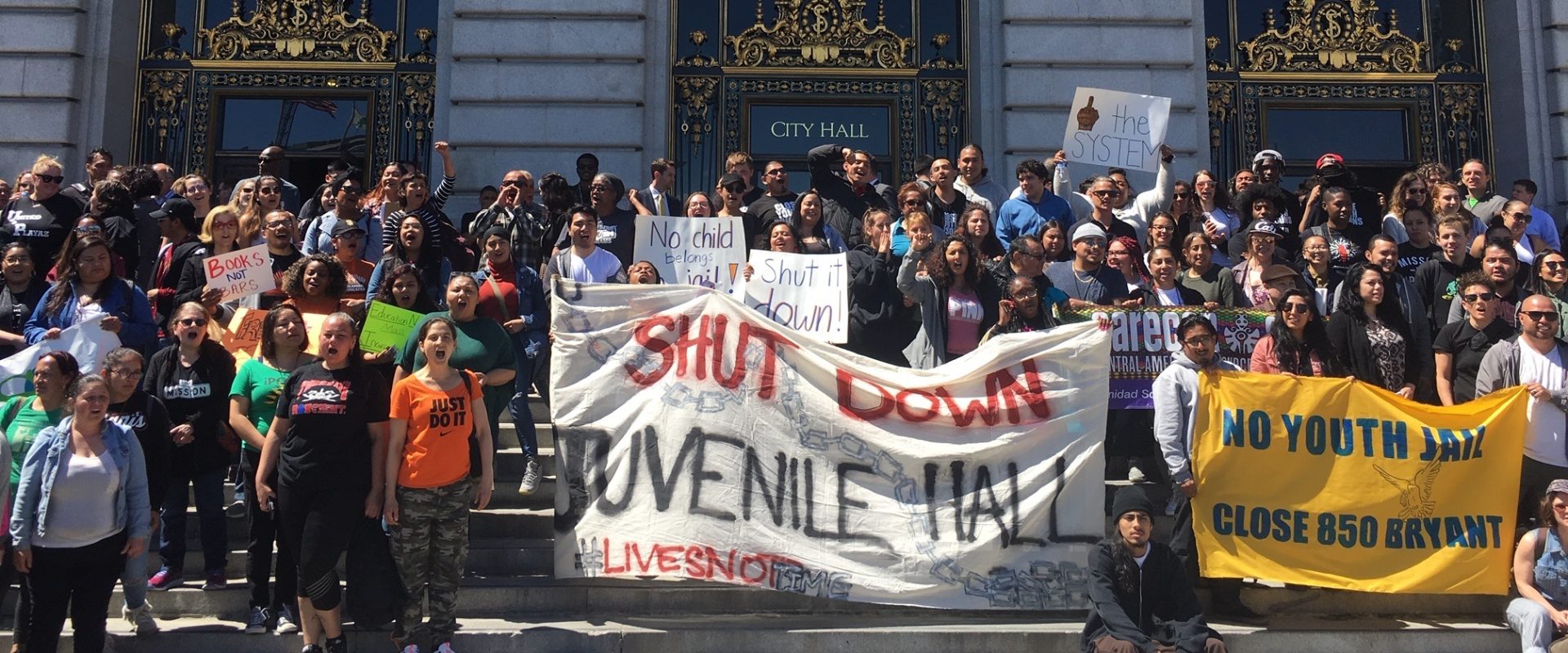In my last blog , I discussed the effectiveness of a 3‑week media blitz that overthrew a California Proposition backed by significant financial investment, popular support, and academic research. This week’s blog will explore another example of the importance of a good marketing strategy when campaigning for criminal justice initiatives. California Proposition 5 (2008) Prop. 5 , known also as the Nonviolent Offender Rehabilitation Act (NORA), was a ballot initiative scheduled for the…
Demonstrations are taking place at Governors’ offices across the country today in New York, Connecticut, and Illinois in solidarity with those pushing for basic rights and humane conditions within the Security Housing Units (SHU) at the notorious Pelican Bay State Prison, located in the northwestern tip of California. The conditions of the SHU will be the topic of discussion at today’s oversight hearing by California’s Assembly Public Safety Committee (listen live at 1:30 pm ). The…
On the November 2, 2004 California ballot, Proposition 66 was designed to place limitations on California’s “Three Strikes” law enacted in 1994. In response to the increasing numbers of third-strikers serving 25-years-to-life for drug possession, the initiative intended to require that the third-strike conviction be for a violent or serious felony in order to apply an increased sentence. According to the Legislative Analyst’s Office , Proposition 66 would have saved the state several…
Blog Aug 16, 2011
Conservative states leading the way in prison reform
The Supreme Court decision that California needs to shrink (not release) its prison population has made national headlines, but as I mentioned in my last blog , over the past few years many states have already begun reducing their reliance on incarceration. What is particularly interesting, as the ACLU points out in their most recent report, is the overwhelming bi-partisan support for prison reform efforts. Texas, Kansas, Kentucky, Arkansas, and a handful of other states have successfully…
Over the past three decades a continuous mantra among conservatives has been that the “free market” represents the best solutions to social problems. The government is “too big” and is inefficient; the free market works best. Let the market rule and social problems will disappear has been the thinking. One of the consequences of this line of thinking is the privatization movement where issues normally handled by the government should be turned over to private businesses. The profit motive…
